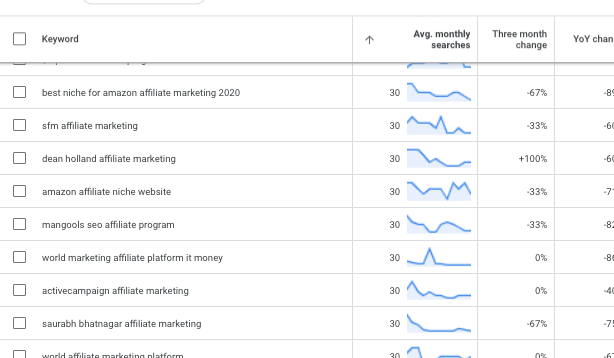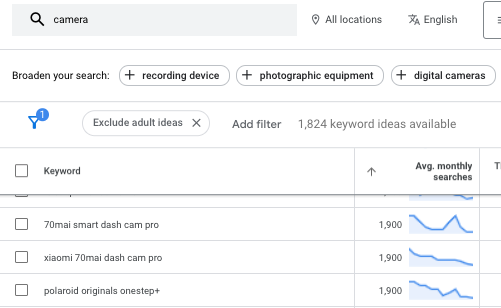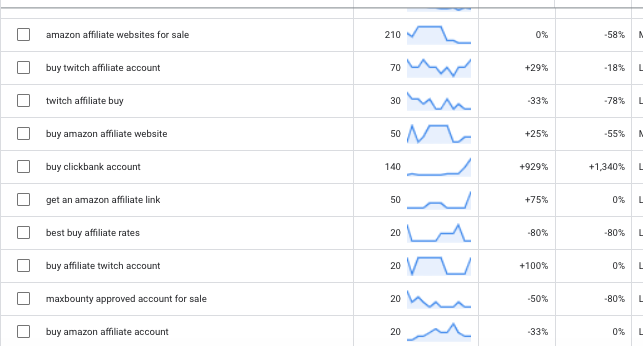There’s several benefits of long tail keywords for bloggers. With short tail keywords there’s a much larger search volume. But with this comes a lot more competition too. Long tail keywords offer a much lower level of competition and therefore there’s a greater opportunity to rank your content on the first page of the search results (SERPS – search engines results pages). This means free traffic if you can do it and more traffic means more sales! (See also short tail and long tail keywords.)

Long tail keywords are also typically very targeted too. While short tail keywords can be more generic. This is good for marketers because they can target the very keywords which are being used by those people who want something very specific. Here’s an example. Let’s use the phrase camera. There’s millions of people searching for the phrase “camera”. But it’s very generic. If you’re promoting a certain type of camera, it may or may not be what the searcher is looking for.
Benefits Of Long Tail Keywords – Targeted Traffic
However if your content is very specific, it will attract a very specific search term:

Here’s a search for 70mai smart dash cam pro which gets 1900 monthly searches. It’s also a very specific search term. If you offer that particular product on your website, searches for it will be very likely to result in a sale. Whereas if your search traffic is only looking for the term “camera” when they land on your website, your offering may not be what they’re looking for.
Ranking For Short Tail Keywords
Having a lot of content on your site shows the search engines that you’re an expert in your field. Not only does using long tail phrase attract very specific buyer traffic and gives you more opportunity for easier rankings (and sales), but it also helps you rank for the shorter phases as well.
The more content you have, the greater your authority with the search engines. If your content is attracting an audience related to your shorter term keyword phrases, Google will see you as an authority in that particular niche. You can therefore increase your authority for short term phrases by creating content for more targeted longer tail keywords.
Long Tail Searches Account For More Than 70% Of Search Traffic
Yes more than 70% of search traffic is for longer tail search terms. This is great news if you create a lot of content on your site targeting longer tail search terms. While short tail search terms have massive volume, their shorter tail derivatives account for more search volume overall.

This makes sense when you think about it. People want to get exactly what they want on their first try. They don’t want to have to do multiple searches to find what they’re looking for.
To get a more targeted result, it’s far better to key in more words to describe what you’re after.
The Rising Popularity Of Voice Search
Voice search is on the rise and with new gadgetry such as Alexa, Echo and Siri, using devices and voice activated searches looks like it’s here to stay. When someone does a search using voice activation, they’re more likely to find you if you have those keywords on your site.
Stay ahead of the trend and optimise for voice search going forwards and you’ll likely receive more traffic from this kind of search query.
Summary
There’s many benefits of long tail keywords:
- Visibility – long tail keywords offer less competition in the search engine results pages. Therefore you have a better opportunity to rank for them if you create high quality content which out performs the competition.
- Longer tail keywords are typically very targeted. You can therefore use them to get laser focused on the search intent. This means higher conversion rates if you’re selling from your website.
- Having a lot of high quality content for longer tail keywords on your site can help you also rank for the short tail keywords within your niche.
- Long tail keywords account for over 70% of all search traffic
- Voice search is becoming more popular and so it’s worth having longer tail phrases on your site which match voice searches over the coming years.
See also find low competition long tail keywords.